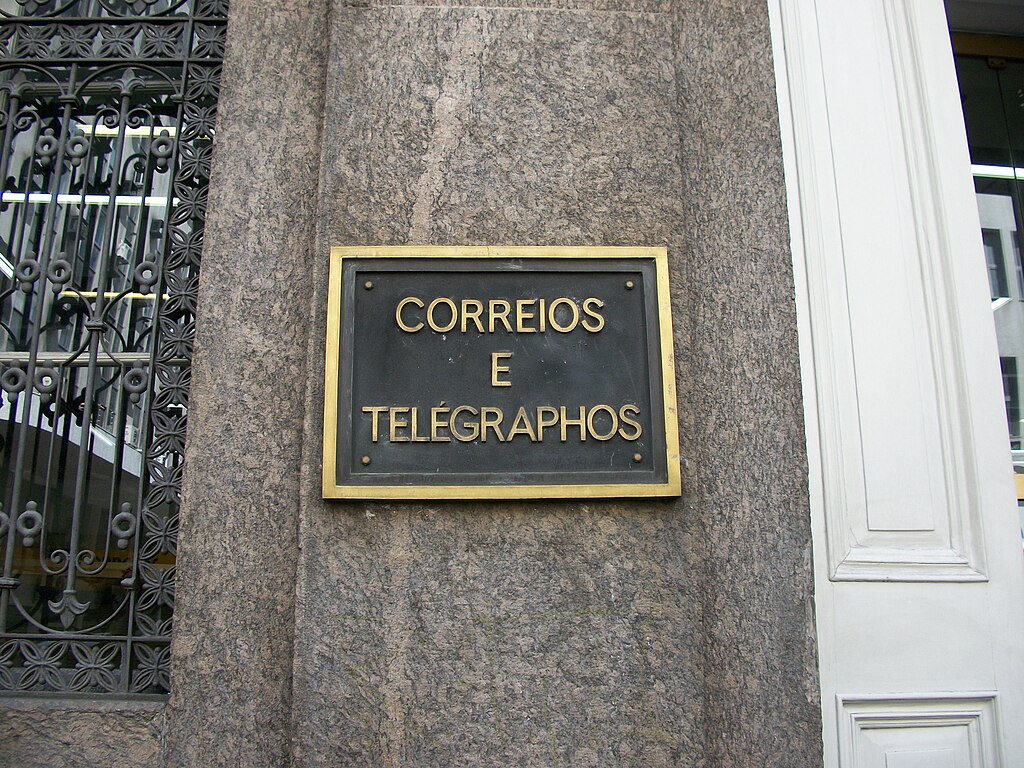Technology giant Intel has co-sponsored recently announced Hyperledger project which aims to make blockchain programming easier, Forbes reported.
Hyperledger, an open source blockchain project hosted by the Linux Foundation, last month unveiled “Hyperledger Transact” – a new project which, it says, will simplify writing distributed ledger software.
In an online post dated June 27, Hyperledger explained that as the existing solutions for smart contract execution are usually tied to a specific distributed ledger implementation, the code’s reusability is limited. It added:
“Hyperledger Transact will reduce the development effort for writing distributed ledger software by providing a standard interface for executing smart contracts that is separate from the distributed ledger implementation. A shared software library handles all aspects of scheduling, transaction dispatch, and state management.”
Transact takes an “extensible approach” to implementing new smart contract languages called “smart contract engines,” which implements a virtual machine or interpreter that processes smart contracts.
Hyperledger said that the project’s initial code was developed by Bitwise IO and Cargill, with significant influence from Intel’s previous contributions to Hyperledger Sawtooth.
Speaking to Forbes, Intel’s blockchain program director Michael J. Reed said, “We just recently co-sponsored a project in Hyperledger called Transact."
He explained that to program a blockchain today, developers need to choose the environment that they are going to program for. For example, if they want to program for Ethereum, they would typically pick up solidity and program in solidity so that the contract could be executed in an Ethereum virtual machine.
Transact seeks to simplify the process and allow the code to be run on any blockchain.
“What Transact foretells is a world in which there's an extensible transaction layer, such that you could program once, for Transact, and your code would run on any blockchain that supports it," Reed added. "[Transact] was co-sponsored by Intel and IBM, and it was just approved in Hyperledger and announced by them about a week ago."


























Comment 0